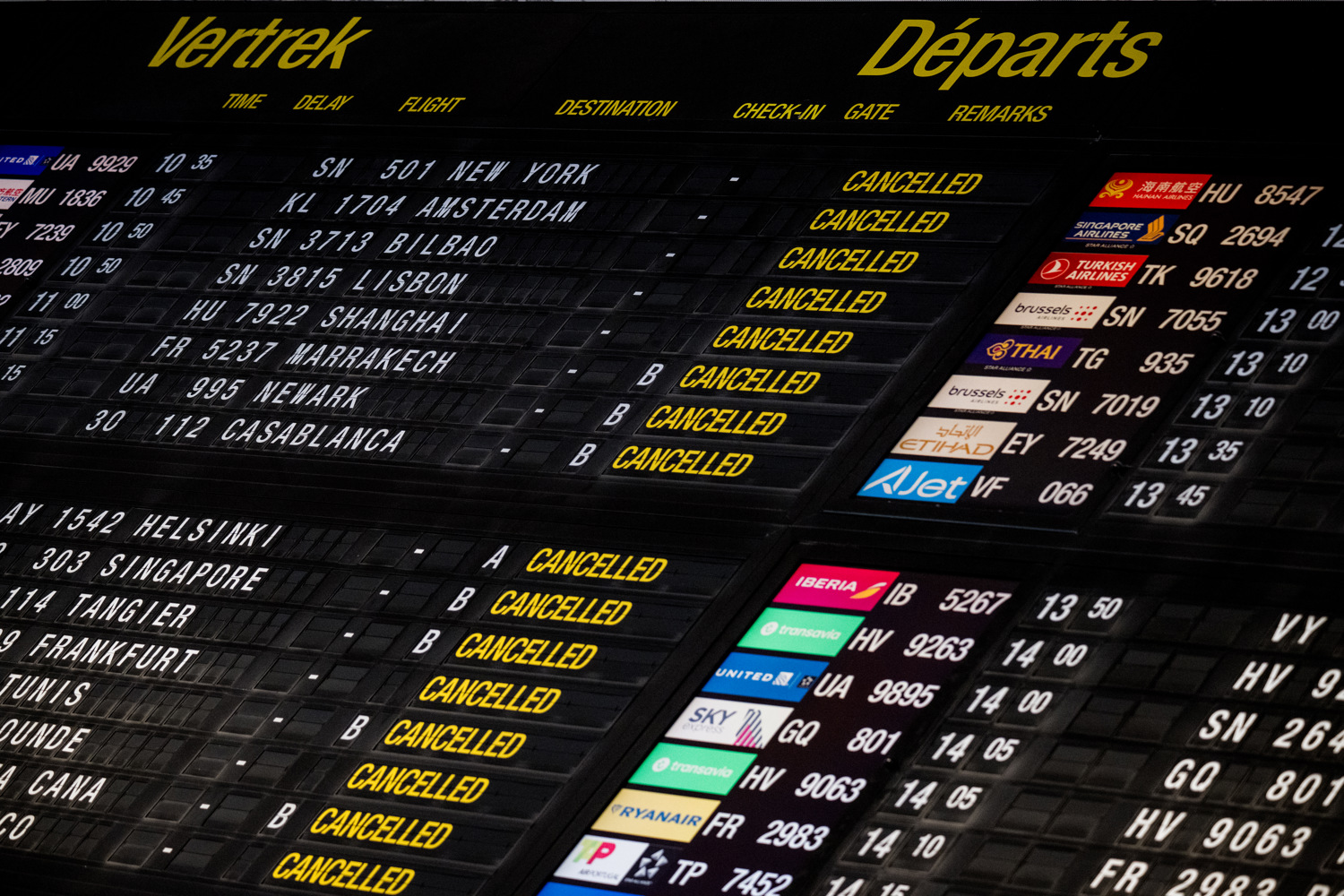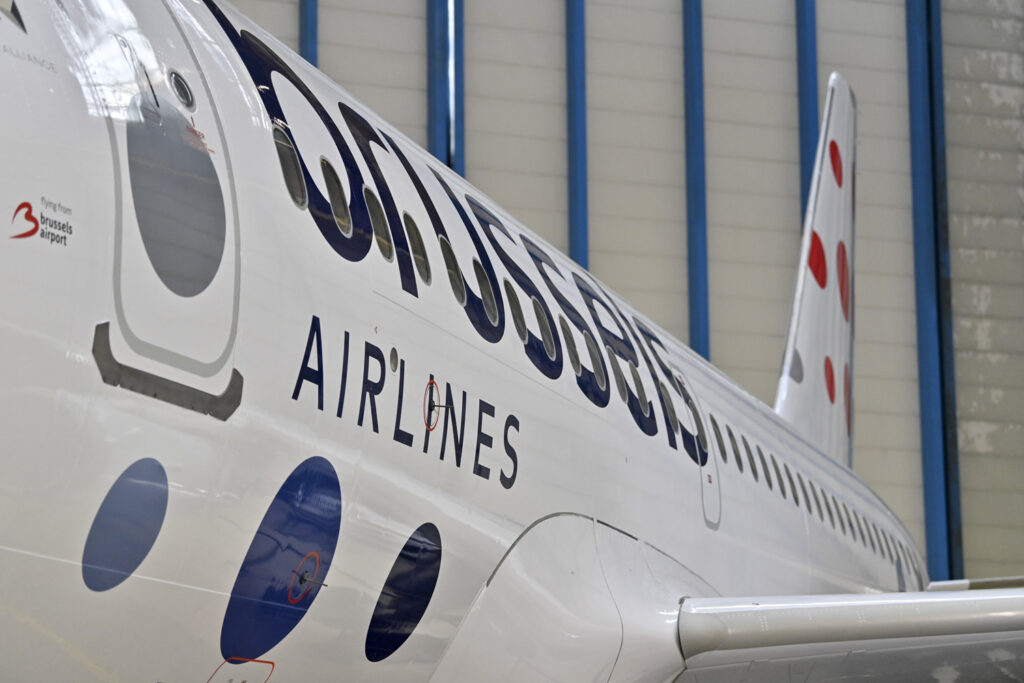Brussels Airlines reported an operational loss of €53 million in the first quarter of 2025, the Belgian airline announced on Tuesday.
While the results show a 9% improvement compared to last year, the airline underscored how national strikes, unrest in Central Africa, and long-haul fleet maintenance affected the company's results.
Political unrest in Central Africa had "significant consequences on several sub-Saharan markets served by Brussels Airlines," while the long-haul fleet underwent both scheduled and unscheduled maintenance.
Operational stability was maintained through a temporary wet lease agreement, resulting in additional costs.
The three national strikes in the first quarter alone cost the airline an estimated €5 million. The quarterly results were released on the day that a new general strike led to the cancellation of all departing flights from Brussels Airport during the Easter holidays.
Looking ahead, Brussels Airlines hopes the social conflict will end and that high-season strikes will be avoided to prevent "significant financial consequences," said the airline's Chief Financial Officer, Nina Öwerdieck.

The info board shows cancelled flights, due to a strike action at Brussels Airport on 13 February 2025. Credit: Belga/Jasper Jacobs
Brussels Airlines is part of Lufthansa, Europe's largest airline group, which reported an increased net loss in the first quarter. Lufthansa recorded a loss of €885 million from January to March, compared to a €734 million loss in the same period last year.
This was worse than expected, as analysts surveyed by financial platform Factset had predicted a reduced loss of just €248 million.
In the first quarter, the group benefitted from a 6% increase in sales from its passenger transport business, driven by "continuously high" demand and a slight rise in the average ticket price (+0.4%).
However, the group was affected by rising costs, primarily due to increased charges for air traffic control and airport services, as well as maintenance services, according to a statement.
Additionally, the shift in Easter holidays – a high-demand period – from the first quarter last year to the second quarter this year impacted the financial results. Without this timing difference, the passenger transport business would have "significantly improved" its results compared to the previous year, the statement added.
Nonetheless, the group maintains its forecasts for the year, anticipating a "strong" summer season, with an operational result "considerably higher" than that of 2024, which reached €1.6 billion.

